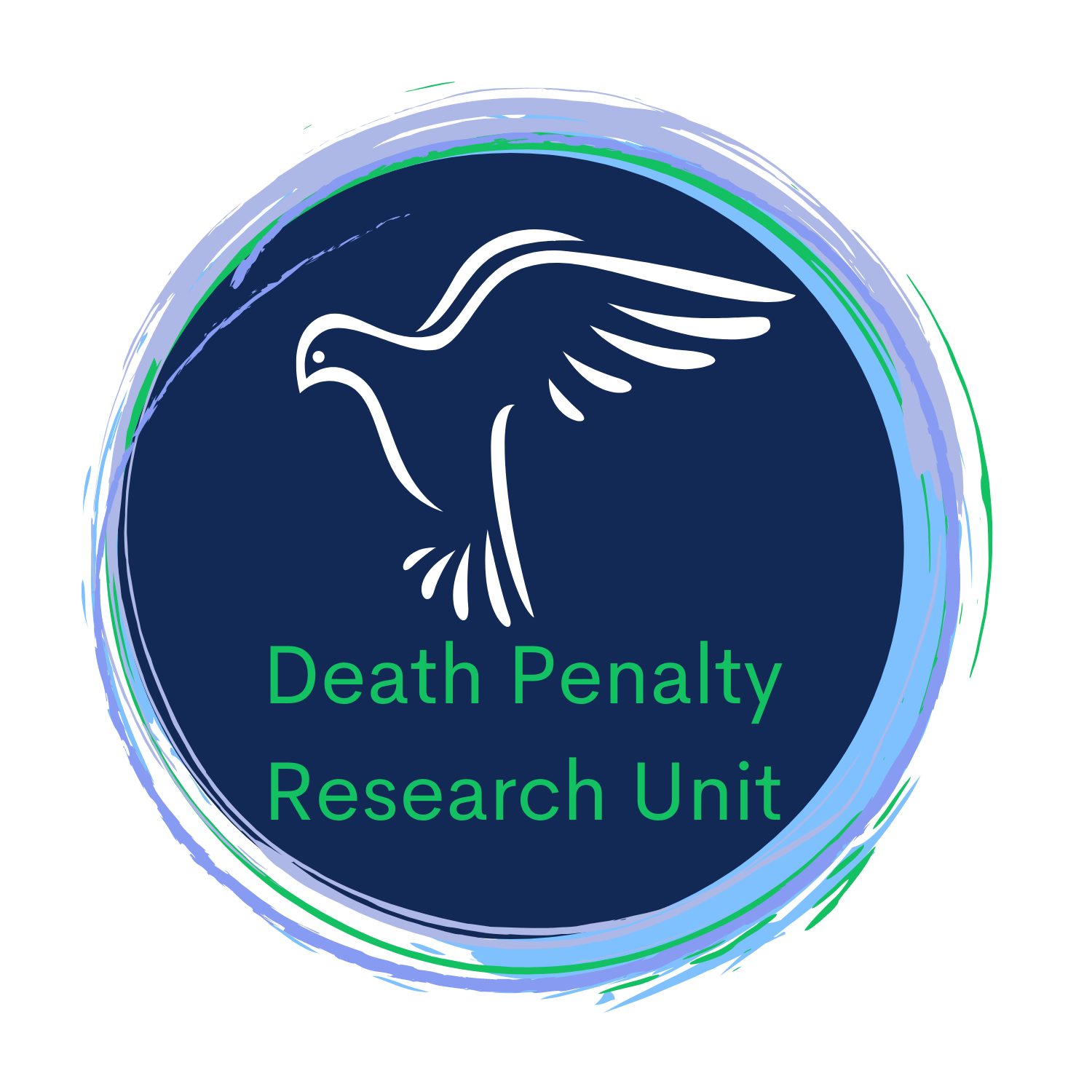Mapping Death Row

Foreign Nationals on Death Row
In October 2020, the DPRU began work with a network of human rights NGOs, including The Death Penalty Project, Eleos Justice, Harm Reduction International, Justice Project Pakistan, Project 39a, and ADPAN, among others, on a mapping project of Foreign Nationals at Risk of Capital Punishment in Asia and the Middle East, funded by the ESRC.
In collaboration with HURIDOCS (an NGO that helps human rights organisations gather, organise and present data for social good) we developed an interactive database on foreign nationals at risk of the death penalty that records socio-demographic, jurisdictional and offence-related data as well as producing country reports, thematic reports, case studies and other resources on each retentionist country in these regions. It covers cases of foreign nationals sentenced to death or executed across these two regions between 1 January 2016 and 31 December 2021.
This database is freely available to all, and will be of particular interest to those conducting research on the death penalty for foreign nationals. We hope it will enable academic researchers, as well as researchers in civil society organisations to better understand how being a foreign national can impact on the likelihood of being convicted and sentenced to death for a capital offence and any patterns of difference and disadvantage. It could also assist legal and consulate representatives to better support and assist foreign nationals on death row.
The Foreign Nationals on Death Row database can be accessed here.
Mapping Death Row for Drug Offences
The DPRU are currently undertaking a three-year project, funded by the ESRC, to map those on death row for drug offences across Asia and the Middle East. We will be developing a similar interactive database to map those sentenced to death or executed for drug offences between 1 January 2016 until 31 December 2023. We encourage those with data on drugs cases to contact us to further develop the database.
We also seek further funding to ensure that our Mapping Death Row work can be developed to include foreign nationals in jurisdictions across Africa and the Caribbean and be expanded to include other populations at risk of the death penalty, such as women.

